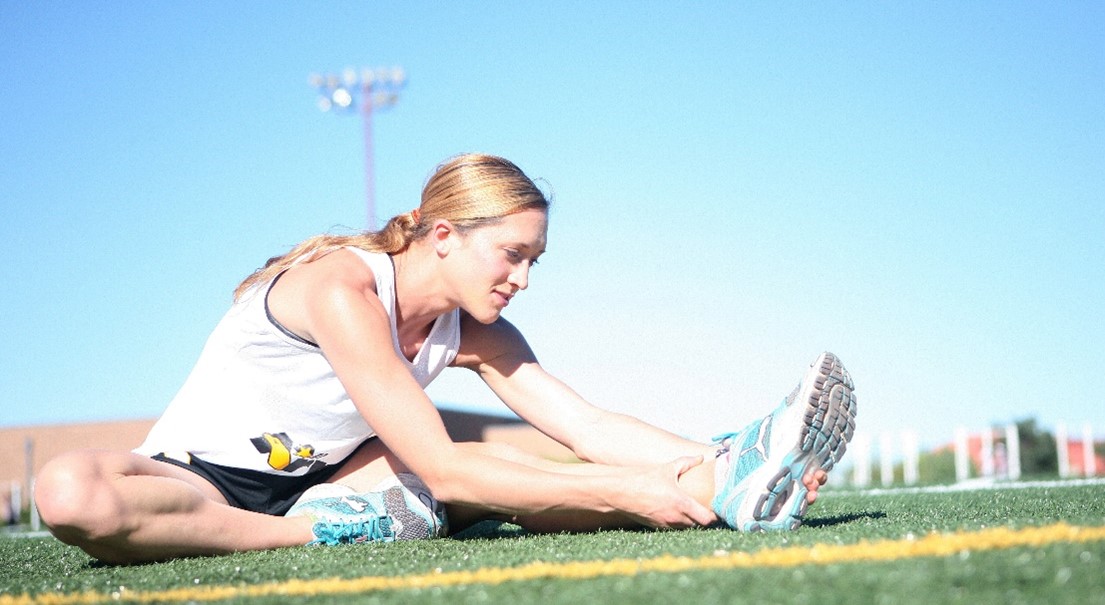In the pursuit of fitness and health, it’s easy to become engrossed in training, setting goals, and pushing our bodies to new limits. While dedication and hard work are admirable traits, it’s crucial to remember that true progress is not solely measured by intensity and frequency. Dr. Zachary F. Solomon explains that recovery, often overlooked, plays a pivotal role in achieving sustainable fitness goals and maintaining overall well-being.
Understanding the Role of Recovery
Physical Repair and Growth
When we engage in physical activity, especially rigorous exercise, our muscles undergo stress and microscopic damage. It is during the recovery phase that the body initiates repair mechanisms, leading to muscle growth and increased strength. Without adequate recovery, this process is hindered, potentially leading to overuse injuries and diminishing returns on our training efforts.
Mental Restoration
Physical exertion isn’t the only aspect of fitness; mental well-being is equally important. Proper recovery allows for mental rejuvenation, reducing stress levels and preventing burnout. It provides an opportunity to reset, refocus, and approach workouts with renewed enthusiasm and clarity.
Regulation of Hormones and Metabolism
Consistent, high-intensity training can lead to fluctuations in hormonal levels, particularly cortisol, the body’s primary stress hormone. Over time, elevated cortisol levels can have detrimental effects on muscle tissue and overall health. Adequate recovery helps regulate hormonal balance, ensuring a healthier metabolism and overall physiological function.

Effective Recovery Strategies
Quality Sleep
Sleep is a cornerstone of effective recovery. It is during deep sleep cycles that the body releases growth hormone, essential for muscle repair and overall recovery. Aim for 7-9 hours of quality sleep each night to maximize the benefits of your training.
Nutrition and Hydration
Proper nutrition is paramount for recovery. After exercise, the body requires a combination of carbohydrates and protein to replenish glycogen stores and support muscle repair, respectively. Additionally, staying adequately hydrated ensures that essential nutrients are efficiently transported to cells for optimal recovery.
Active Recovery Techniques
Active recovery involves low-intensity activities that promote blood flow and facilitate the removal of metabolic waste products from muscles. Activities like light jogging, swimming, or yoga can be excellent options for active recovery days.
Foam Rolling and Mobility Work
Incorporating foam rolling and mobility exercises into your routine can alleviate muscle tension and improve range of motion. These practices aid in reducing the risk of injury and promoting overall flexibility.

Listening to Your Body
Recognizing Signs of Overtraining
Pushing through fatigue and soreness without adequate rest can lead to overtraining syndrome. Symptoms may include persistent fatigue, decreased performance, increased susceptibility to illness, and mood disturbances. Pay attention to your body’s signals and adjust your training and recovery accordingly.
Rest Days are Not a Sign of Weakness
Rest days are an integral part of any well-rounded fitness regimen. They allow the body to recover, repair, and adapt to the stress of exercise. Embrace rest days as essential components of your fitness journey, not as signs of weakness or regression.
Conclusion: Holistic Fitness Through Mindful Recovery
While the pursuit of fitness often emphasizes the importance of training intensity and consistency, recovery is equally crucial. It is through rest, nutrition, and self-care that the body truly transforms and reaches its full potential. By incorporating effective recovery strategies into your routine and listening to your body’s needs, you can achieve a balanced approach to fitness that fosters long-term success and overall well-being. Remember, true strength lies not only in the effort you put in but also in the care you provide for your body.
